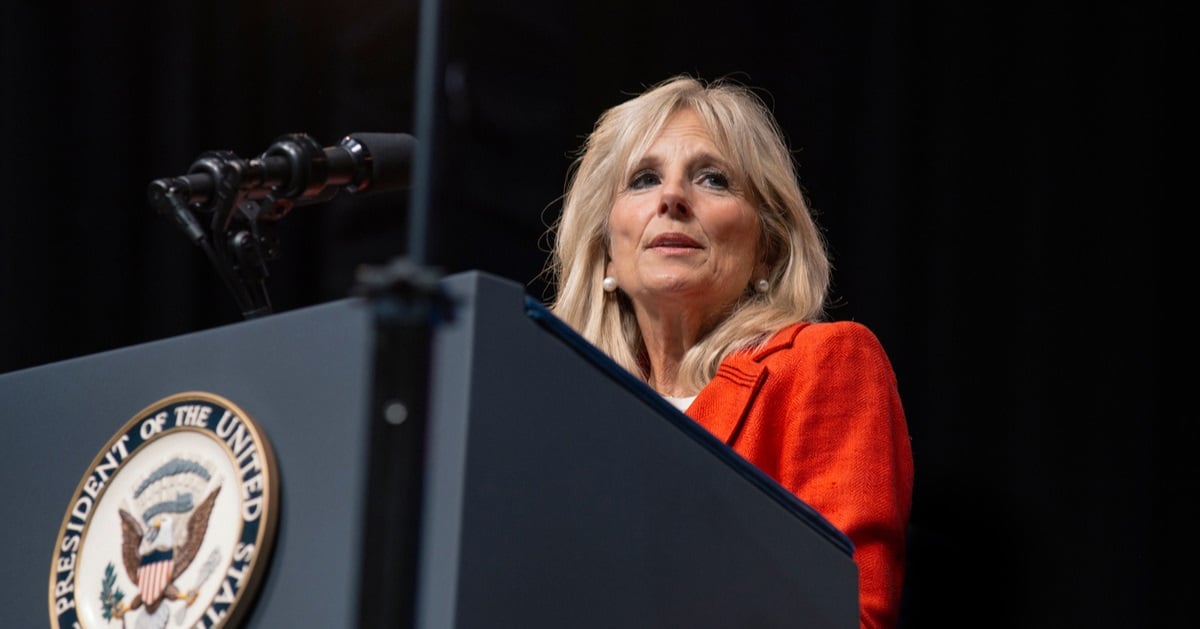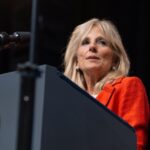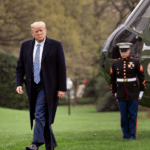


Canada is revising its immigration policies in response to external criticisms and domestic pressure.
Breitbart reported that the stricter regulations were announced by Canadian Immigration Minister Marc Miller, following criticism from U.S. President-elect Donald Trump regarding Canada's migration approach.
This move marks a significant shift away from Prime Minister Justin Trudeau's previously more liberal immigration policies, reflecting both domestic pressures and international dynamics.
The announcement comes in the wake of the U.S. election where Donald Trump was voted into office, promising extensive deportations as part of his agenda.
In Canada, Trudeau's government faces potential instability in parliament, prompting a reevaluation of its stance on immigration.
One of the major changes targets "flagpoling," where individuals temporarily exit and reenter Canada to alter their immigration status.
According to Immigration Minister Miller, this practice is inefficient, tying up resources and causing delays at border stations. The new rules aim to impede such abuses, ensuring that individuals adhere to proper protocols for status changes.
Additionally, the revisions will bolster the powers of immigration authorities. They will now be able to modify an individual's immigration status and have greater discretion in suspending, canceling, or amending documents. These alterations are designed to enhance security measures and reduce the misuse of the system.
Another significant aspect of the overhaul involves addressing job trafficking. The government hopes to curtail the exploitation of migrants by tightening regulations and ensuring that the process remains stringent and fair.
These policy shifts come amidst a backdrop of international tension around migration. President-elect Trump has been vocal about migration, warning both Mexico and Canada of potential tariffs should they fail to address illegal migration. His call to action underscores an expectation for both countries to manage migration issues more aggressively.
Trudeau's recent meeting with Trump at Mar-a-Lago highlights the weight of these international pressures. The encounter suggests that Canada is taking steps to align its migration policies more closely with its southern neighbor's expectations, particularly in light of Trump's firm stance.
Trump did not mince words, as he openly criticized Trudeau's immigration policies, describing them as needing reform to solve what he termed a "long simmering problem." His remarks further emphasized the need for change, impacting Trudeau's political calculus as he navigates these complex issues.
The tightening of immigration policies by Trudeau’s government is not solely a reaction to international dynamics but also reflects internal political pressures. Facing potential political fallout and parliamentary challenges, Trudeau is making significant shifts in his governance approach to maintain control.
Chrystia Freeland's resignation as Finance Minister adds another layer of complexity to the political landscape. As an ally of Trudeau, Freeland's departure hints at broader political challenges facing Trudeau's administration as it seeks to maintain its influence and stability.
Finance Minister Dominic LeBlanc reiterated Canada's commitment to maintaining an immigration system that is both secure and efficient. These changes underscore the country's dedication to addressing both practical and security concerns associated with immigration.
Canada is now poised to introduce new restrictions on countries uncooperative in repatriating citizens involved in fraudulent immigration activities. This approach aims to ensure that immigration processes are respected and executed properly while safeguarding national security.
These measures reflect a significant shift in policy, aligning more closely with security concerns that echo across the border. By taking these steps, Canada aims to reassure both internal constituents and international partners of its dedication to a robust immigration framework.
Trudeau's recalibration of immigration policies signifies a balancing act between progressive ideals and pragmatic governance. The Canadian government's focus remains on ensuring the integrity of its immigration system while responding to growing external and internal pressures.
The practice of flagpoling, in particular, has come under scrutiny due to its impact on border operations. Minister Miller highlighted the inefficiencies it creates, advocating for a more streamlined and fair approach to managing status changes.



